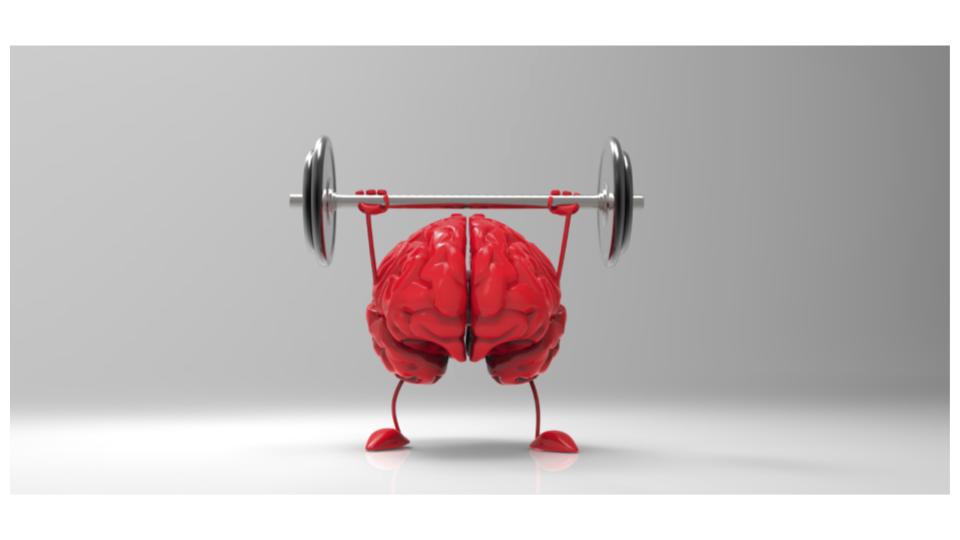Top tips for developing your memory – part 2

Our memories are crucial to the essence of who we are as human beings
In many ways, our memories shape who we are. They make up our internal biographies—the stories we tell ourselves about what we’ve done with our lives. They tell us who we’re connected to, who we’ve touched during our lives, and who has touched us. In short, our memories are crucial to the essence of who we are as human beings.
In part one of this story we looked at tips to improve your memory.
Whether you wish to sharpen your mind, boost your mental performance, or preserve your memory as you age, these tips according to lifestyle site Healthy Living, Psychology Central and Harvard Health can help.
1. Regular exercise adds up to big memory boosts
It’s well known that regular exercise helps maintain brain function. New research finds that brain activity increases and memory improves immediately after even a short, single bout of exercise.
And the more exertion you put into that exercise, the greater the improvements.
2. Avoid cramming
Studying materials over a number of sessions gives you the time you need to adequately process information. Research has continuously shown that students who study regularly remember the material far better than those who do all of their studying in one marathon session.
3. Utilise mnemonic devices
Mnemonic devices are a technique often used by students to aid in recall. A mnemonic is simply a way to remember information. For example, you might associate a term you need to remember with a common item that you are very familiar with. The best mnemonics are those that utilize positive imagery, humor, or novelty.
4. Get sufficient sleep
There is a big difference between the amount of sleep you can get by on and the amount you need to function at your best. Memory, creativity, problem-solving abilities, and critical thinking skills are all compromised when you sleep for a lesser time than you should.
5. Keep stress in check
Stress is one of the brain’s worst enemies. Over time, chronic stress destroys brain cells and damages the hippocampus, the region of the brain involved in the formation of new memories and the retrieval of old ones. Studies have also linked stress to memory loss.
6. Have a laugh
You’ve heard that laughter is the best medicine, and that holds true for the brain and the memory, as well as the body. Unlike emotional responses, which are limited to specific areas of the brain, laughter engages multiple regions across the whole brain.
Furthermore, listening to jokes and working out punch lines activates areas of the brain vital to learning and creativity.
By following these tips, you can keep your memory sharp at any age, and improve it any time.



